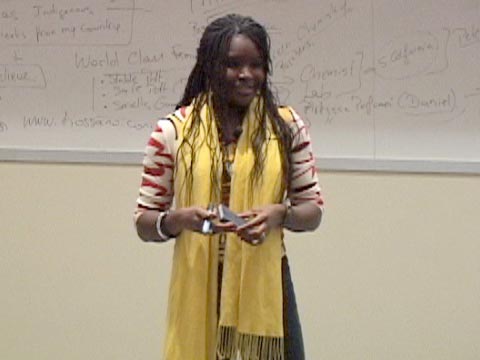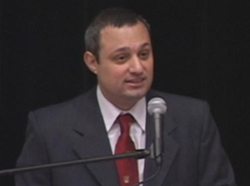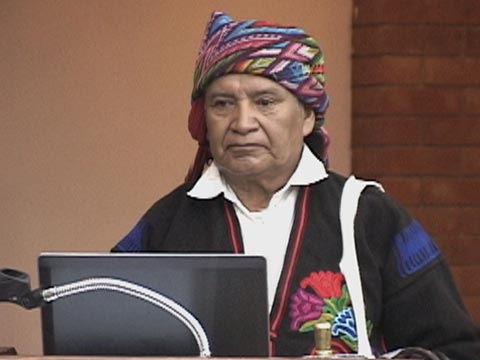About this videoBritish Slave trade began in the 17th Century and it became one of the most important economic activities during this period. Since this activity was inhuman, an important opposition to slavery began in the 18th Century. The Abolition Committee was the first organization that supported abolitionism through legislative reforms in the Parliament, while the West Indies Committee effectively opposed against emancipation. Finally, the political situation of Europe during the 19th Century and the intense political activism in Parliament favored the approval of the Foreign Slave Trade Bill. |
|
CreditsImpact of the Individual on the World: William Wilberforce and the Abolition of Slavery | |










